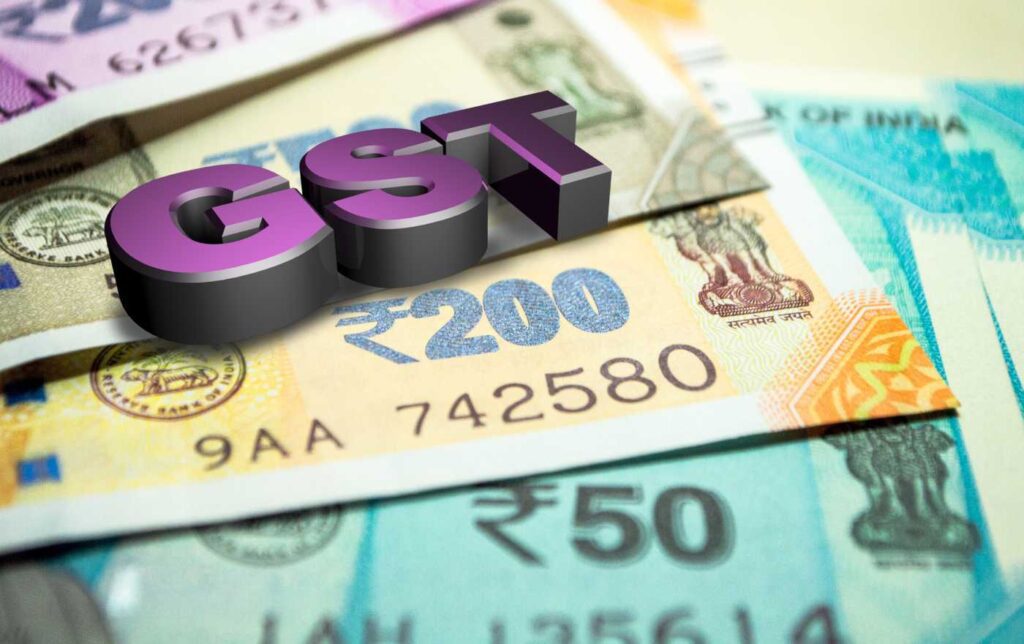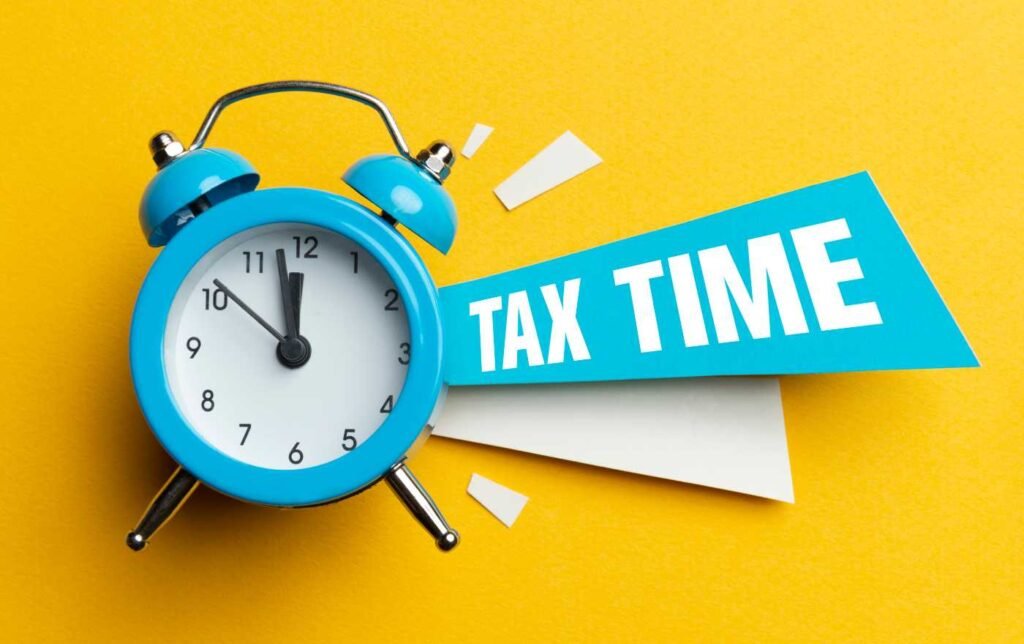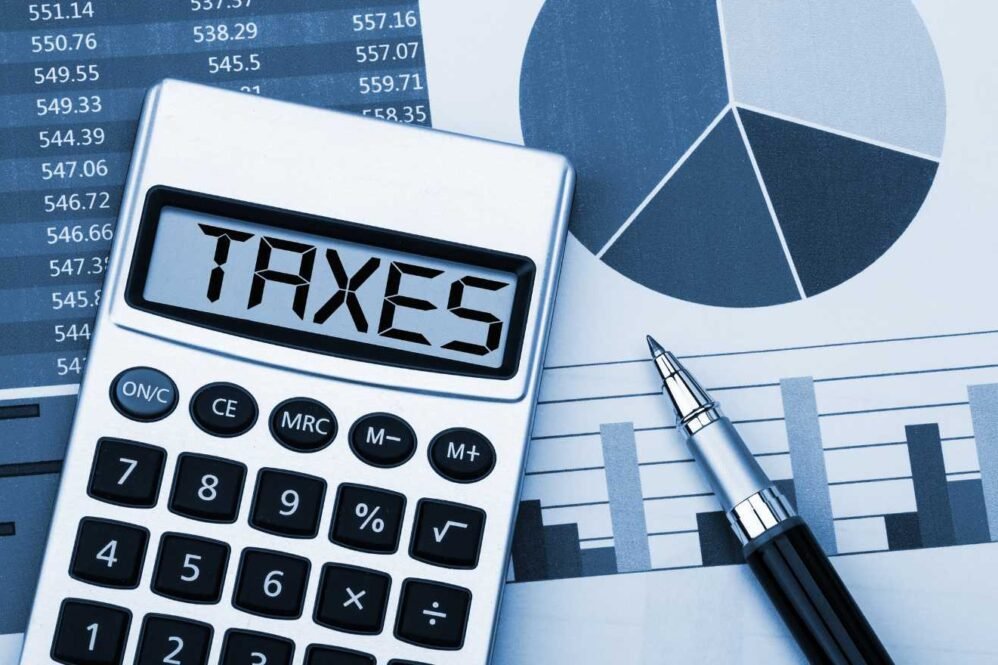Table of Contents
Tax Compliance for Indian Freelancers
This guide covers the key tax laws and regulations that freelancers in India need to be aware of. As a freelancer, you are considered a self-employed professional or sole proprietor. This means you are responsible for understanding and complying with relevant tax rules.
Navigating Indian tax compliance and related laws can be confusing for freelancers who are new to managing their own taxes. This guide aims to provide an overview of the major tax obligations and filings required, to help freelancers avoid penalties and optimize their tax liability.
Topics covered include:
- Registering as a freelancer
- Income tax compliance/requirements
- Obtaining a GST number and charging GST
- Issuing invoices and receipts
- Claiming deductions and exemptions
- Paying advance tax and self-assessment tax
- Important tax filing deadlines
- Implications of non-compliance
- Tax planning tips
By understanding tax laws and planning appropriately, freelancers can focus on their work while ensuring they meet all compliance requirements in a timely manner. This guide summarizes the key aspects in a practical manner to equip freelancers for tax compliance success.
Registering as a Freelancer
If you are starting as a freelancer in India, one of the first steps is to register yourself legally. The most common and easiest option is to register as a sole proprietorship.
A sole proprietorship is a type of business entity owned and run by one individual. There is no separate legal entity and you are fully responsible for the business.
To register as a sole proprietorship, you need to obtain the following registrations:
PAN Card: Apply for a Permanent Account Number (PAN) card, which is your unique 10-digit identity issued by the Income Tax Department. This is mandatory for paying taxes. You can apply online or through designated service centers.
GST Registration: If your annual turnover exceeds Rs. 40 lakhs, you need to register for GST by filing an application on the GST portal. You will be allotted a 15-digit GSTIN number. Even if your turnover is below the limit, you can optionally register for GST.
MSME Registration: Registering with Micro, Small, and Medium Enterprises (MSME) offers certain benefits like subsidies, tax exemptions etc. You can file the Udyog Aadhaar Memorandum online on the MSME portal.
Professional Tax Registration: Depending on your state, you may need to pay Professional Tax and obtain a registration certificate from the designated Professional Tax Office.
Bank Account: Open a current bank account in your name and obtain a GST-compliant invoice book. Track all your freelance income and expenses through the bank account.
These basic registrations and documentation provide your freelance activity a legal standing and allow you to operate formally. Maintain proper records from the beginning to avoid issues during tax filing.
Income Tax
Income tax compliance is one of the major obligations for freelancers in India. As a freelancer, your income tax liability depends on your residential status and the income tax slab you fall under.

Tax Slabs
The income tax slabs in India for the 2022-23 financial year are:
- Up to Rs 2.5 lakh – Nil
- Rs 2.5-5 lakh – 5%
- Rs 5-10 lakh – 20%
- Rs 10-15 lakh – 30%
- Above Rs 15 lakh – 30%
Additionally, a health and education cess of 4% is levied on the amount of tax.
Your residential status determines which income is taxable. As a resident Indian, your global income is taxable in India. As a non-resident, only the income earned in India is taxable.
Deductions
There are several deductions available under Section 80 of the Income Tax Act that can help reduce your tax liability:
- Section 80C – Deductions for investments up to Rs 1.5 lakh in PPF, ELSS, life insurance premiums, etc.
- Section 80D – Deduction for health insurance premium paid for self and family.
- Section 80E – Deduction for interest paid on education loan.
- HRA exemption – Deduction for house rent allowance received, subject to certain conditions.
Additionally, you can claim deductions for expenses such as electricity, internet, phone, supplies, etc incurred for business/work. Maintaining proper records of expenses is important to claim deductions.
Filing Income Tax Returns
As a freelancer, you are required to file your Income Tax Return (ITR) if your annual income exceeds the minimum taxable limit – Rs 2.5 lakh for individuals below 60 years. ITR must be filed on or before July 31 every year.
ITR-1 and ITR-4 are the main forms applicable for freelancers depending on the source of income. Advance tax must also be paid periodically if tax compliance liability exceeds Rs 10,000. Penalties apply for non-payment of advance tax or late filing of ITR.
Thoroughly understanding tax slabs, deductions, and filing requirements is key to smart tax planning and compliance for freelancers. Proper documentation and disciplined filing help minimize tax liability and avoid penalties.
GST Registration
Goods and Services Tax (GST) is an indirect tax applicable to the supply of goods and services in India. As a freelancer providing services, you are required to register for GST if your annual turnover exceeds ₹20 lakhs (for special category states like Northeastern states, the limit is ₹10 lakhs).
To register for GST, you need to visit the GST portal and submit the following details:
- Permanent Account Number (PAN)
- Mobile number and email ID
- State and district information
- Business details like name and address
- Bank account details
Once you submit the application, you will receive a temporary GST reference number. After verification of documents, you will be granted the final GST Identification Number (GSTIN).
As a GST-registered freelancer, you need to issue GST invoices to your clients and file regular GST returns. There are 3 main GST returns applicable to you:
- GSTR-1: Furnish details of outward supplies, invoices issued to clients
- GSTR-2A: View inward supply details, invoices received from vendors
- GSTR-3B: Monthly tax payment form, pay tax liability after adjusting input tax credit
GSTR-1 needs to be filed monthly by the 11th of next month. GSTR-3B must be filed by the 20th of next month and tax compliance needs to be paid by the due date. Accurate and timely filing of GST returns is crucial to avoid interest and penalties.
Registering for GST formalizes your freelance business and enables you to claim the input tax credit on business expenses. Maintaining robust record-keeping and being diligent with GST compliance is important. Consider hiring a CA or tax expert if you need help navigating GST for your freelance business.
Invoicing Clients
Invoicing is a critical part of being a freelancer in India. You’ll need to send professional invoices to all your clients to get paid for your work.
When creating freelance invoices, there are few key things to keep in mind:
- Invoice Format: Your invoice should include your business name, address, invoice number, invoice date, payment terms, client name, project description, amount due, and payment instructions. Make sure to include your GSTIN if registered.
- Billing Terms: Be clear about your payment terms – when is the payment due, late fees if applicable, payment methods you accept, etc. For larger projects, you may want to ask for an upfront deposit.
- Taxes: If registered for GST, you must charge GST at the standard rate for your service on each invoice and show it as a separate line item. Only input tax credit can be claimed if tax is shown.
- Receipts: Once paid, be sure to provide receipts to your clients indicating payment received for their records.
Some other tips for freelancer invoicing:
- Send invoices on time – don’t delay once work is completed. Set calendar reminders if needed.
- Be professional – your invoice represents your business. Use your logo, standard formatting, and proper grammar.
- Invoice management software can help create, organize, and send invoices automatically.
- For international clients, be mindful of their local invoicing needs.
By mastering freelance invoicing with all the needed information, taxes, and professionalism, you’ll set your freelancing business up for success.
Deductions and Exemptions
As a freelancer, you can claim several deductions and exemptions to reduce your taxable income and tax liability.
Section 80C Deductions
Section 80C allows you to reduce your taxable income by up to ₹1.5 lakhs per year by investing in certain approved instruments like EPF, PPF, life insurance premiums, ELSS mutual funds, 5-year bank fixed deposits, etc. Make sure to maximize this limit each year.
Home Office Deduction
If you work from home, you can claim a deduction on rent paid for the home office space, or a depreciation deduction on your house if you own it. Maintain detailed records of home office expenses like rent, stationery, internet, and electricity bills to substantiate your claim.
Professional Tax Compliance
Professional tax is deducted as a percentage of your income by the state government. The rates vary across states from ₹200-2500 per year. You can claim professional tax payment as a deduction while filing your Income Tax Return.
Advance Tax and Self-Assessment Tax
Freelancers are required to pay advance tax on their estimated tax liability for the financial year. This helps avoid interest on late payment of taxes.

Advance tax must be paid in installments on specific due dates:
- 15% of advance tax by 15th June
- 45% of advance tax by 15th September
- 75% of advance tax by 15th December
- 100% of advance tax by 15th March
Any balance tax due after deducting TDS, TCS, advance tax already paid, etc. must be paid as self-assessment tax before filing your tax return.
Self-assessment tax applies when your tax liability exceeds Rs 10,000 in a financial year. The due date for payment of self-assessment tax is before filing your tax return.
Let’s understand how to calculate advance tax with an example:
- Suppose your estimated total tax liability for the financial year is Rs 1,00,000
- You must pay 15% of this amount (= Rs 15,000) by 15th June
- You must pay 45% of this amount (= Rs 45,000) by 15th September
- You must pay 75% of this amount (= Rs 75,000) by 15th December
- You must pay 100% of this amount (= Rs 1,00,000) by 15th March
Any additional tax due beyond what you’ve paid as advance tax must be paid as self-assessment tax before you file your return. Accurate estimation and payment of advance tax help you avoid interest penalties.
Tax Compliance and Filing Deadlines
As a freelancer, you need to be aware of various tax filing due dates to ensure timely compliance and avoid penalties. Here are some key deadlines for filing income tax and GST returns:
Income Tax Return
- The due date for filing ITR is July 31 for individuals and HUFs whose accounts are not required to be audited.
- For other taxpayers like companies, the due date is October 31.
- You can file a belated return by December 31, but it will attract a late filing fee.
GST Returns
- The due date for filing GSTR-1 (sales return) is the 11th of next month.
- GSTR-3B (summary return) needs to be filed by the 20th of next month.
- The annual return GSTR-9 is due by December 31.
TDS Returns
- TDS returns need to be filed quarterly – Q1 by July 31, Q2 by October 31, Q3 by January 31 and Q4 by May 31.
- The annual TDS return is due by May 31.
Advance Tax
- Advance tax needs to be paid in 4 installments – 15% by June 15, 30% by September 15, 30% by December 15 and 25% by March 15.
Missing any of these deadlines can attract interest and late filing fees, so it’s crucial for freelancers to calendar important tax due dates. Proper planning and timely tax compliance can save you from penalties.
Penalties for Non-Compliance
As a freelancer, you need to make tax payments and file returns on time to avoid penalties and interest. The tax department takes tax compliance very seriously, so missing deadlines can be costly.
Consequences of Missing Tax Deadlines
- Interest on delayed payment: If you don’t pay your tax dues on time, you’ll have to pay 1% interest per month on the outstanding amount. This can add up quickly.
- Late filing fee: For income tax returns filed after the deadline, a late filing fee of Rs 5,000 may be payable if filed by December 31, and Rs 10,000 if filed after that.
- Penalty for late filing: In addition to the late fee, a penalty of up to Rs 10,000 may be levied for filing ITR after the due date.
- Prosecution: In serious non-compliance cases, prosecution proceedings may be initiated, with punishments including imprisonment up to 7 years and/or monetary penalties.
Penalties for Inaccurate Reporting
Submitting inaccurate information in your tax returns can also attract penalties:
- Up to 50% of under-reported tax may be payable as a misreporting penalty.
- 200% of the tax is evaded as a penalty if false income is reported.
- 100% of under-reported income as a penalty if assessed under scrutiny.
How to Avoid Penalties
You can steer clear of penalties by:
- Maintaining proper accounts and bookkeeping.
- Paying advance tax on time if your tax liability exceeds Rs 10,000.
- Filing tax returns before the deadline with accurate information.
- Reporting all your freelance income honestly.
- Paying any dues as per demand orders promptly.
Being disciplined about tax compliance goes a long way in avoiding penalties. It’s prudent to set reminders for advance tax payment and return filing deadlines.
Tax Compliance and Planning Tips
As a freelancer, you can utilize several strategies to minimize your tax liability and better manage your finances. Here are some tips:
- Track income and expenses diligently. Maintain detailed records to maximize deductions and calculate advance tax accurately. Use accounting software or apps to stay organized.
- Claim all applicable deductions such as home office, telephone, internet, electricity, etc. Make sure to satisfy the eligibility criteria and maintain documentation.
- Open a Public Provident Fund (PPF) account. PPF investment up to ₹1.5 lakhs per year qualifies for tax deduction under Section 80C. PPF returns are also tax-free.
- Invest in Equity Linked Savings Schemes (ELSS). ELSS investments up to ₹1.5 lakhs per year qualify for deduction under Section 80C. As equity investments, ELSS can generate inflation-beating returns over the long term.
- Buy health insurance for yourself and your family to claim a deduction up to ₹25,000 under Section 80D. Having adequate coverage is also important for financial protection.
- Contribute to the National Pension System (NPS) up to 10% of your income to claim an additional deduction under Section 80CCD(1B). NPS is a market-linked retirement corpus that can supplement other savings.
- If eligible, claim deductions for rent paid, interest on education loans, medical expenses for senior citizens, donations, etc. But make sure to satisfy all associated conditions.
- Reinvest business profits back into your freelancing rather than withdrawing everything. This defers tax payment while allowing you to grow your earnings.
- Consider registering a company once your freelancing income crosses a threshold. This opens up additional tax planning avenues.
- Maintain good records and work with a CA to minimize tax liability through planning. Stay updated on changes in tax laws and compliance requirements.
I am not a tax compliance expert so please consult a CA and related tax lawyer for better guidance and advice. if you liked this post you may also like 3 Ways to Achieve Greater Work-Life Balance in Freelancing.




